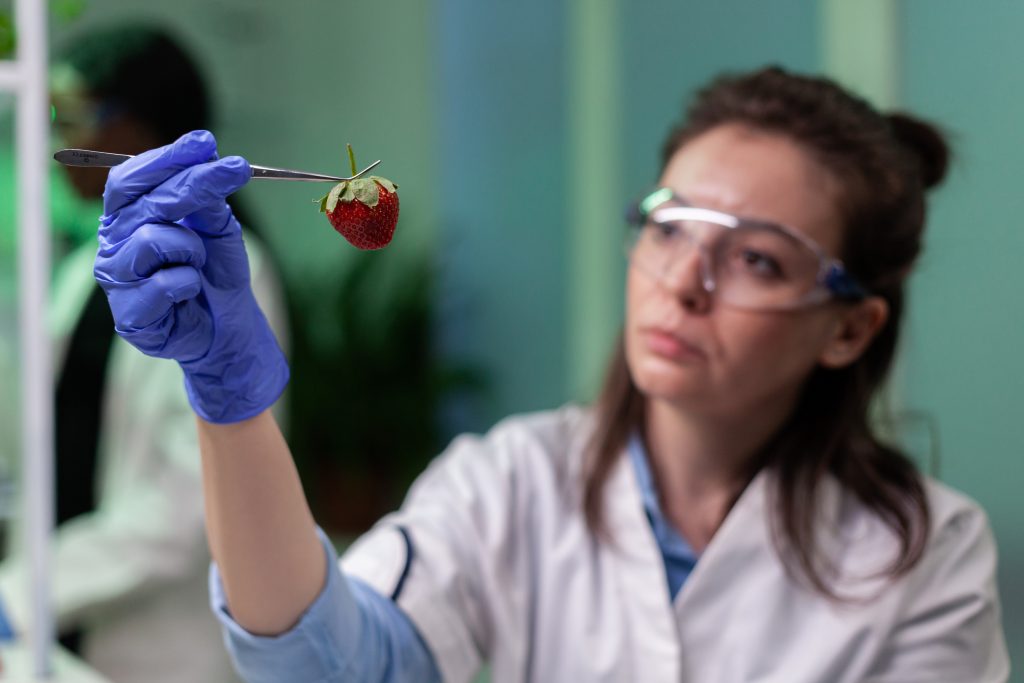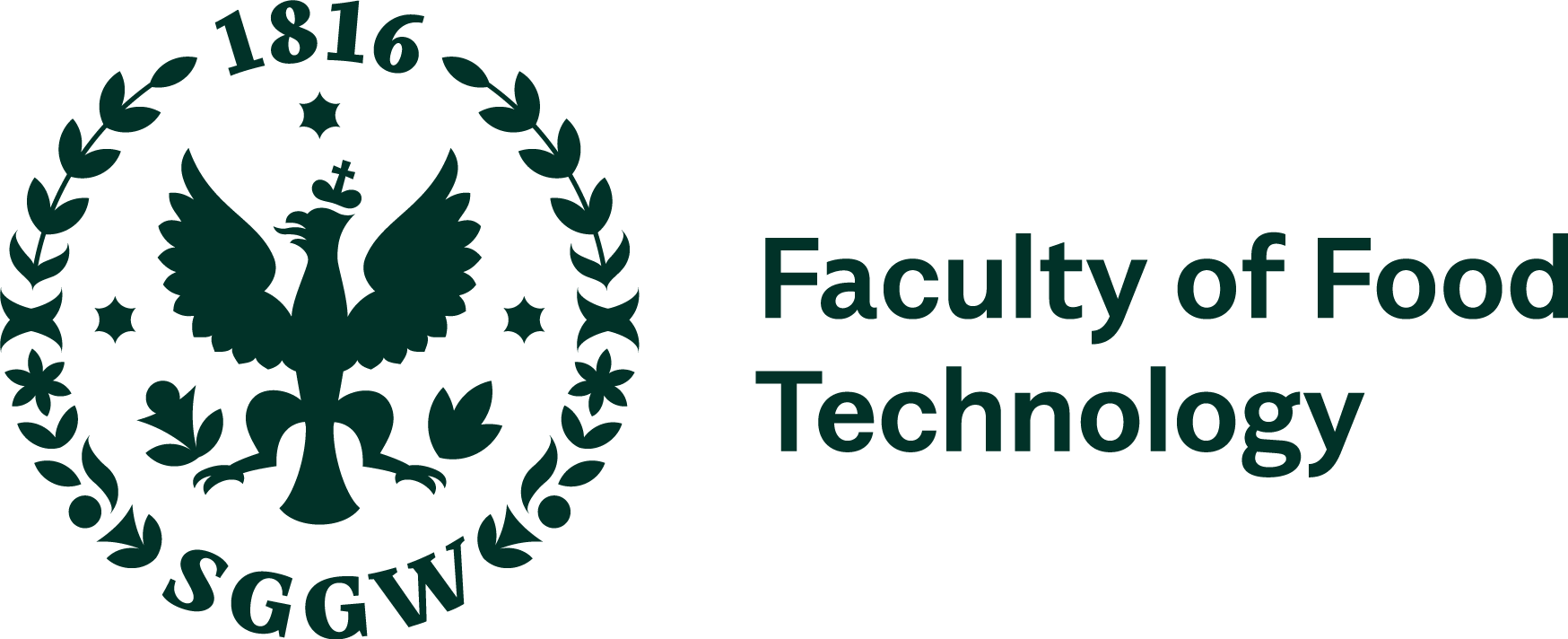
A field of study combining biological, biotechnological, chemical and technical sciences. Students gain knowledge in the field of food safety and quality assurance and assessment. The study program includes subjects such as: technology and hygiene of food production, production and monitoring of food (including genetically modified), identification of food hazards, principles of sanitary and veterinary supervision, assessment of the risk of hazardous substances in food. Graduates are prepared to work in food industry plants, laboratories assessing food quality and safety, food certification units, units of official food control and crisis management centers.
Food safety is an interdisciplinary field related to chemical, biological and technical sciences. He combines the knowledge and skills of the following fields: food technology and human nutrition, gardening, veterinary medicine and commodity science in the bioeconomy. The educational program also included issues related to agriculture and animal husbandry.
Graduates have knowledge in the areas of food chemistry, food microbiology, and agricultural and technical sciences in the field of food safety and quality in the food chain. They can identify chemical, biological and physical hazards during the production of plant and animal raw materials, their processing and during the distribution and storage of food; they understand the threats of bioterrorism and agroterrorism. They know the principles of construction and control of genetically modified food, as well as safety assessment and risk analysis of the use of transgenic organisms, as well as monitoring of threats. They can assess the health safety of food. They know the principles and tasks of sanitary and veterinary supervision in the food economy, as well as the basics of EU and Polish food law, the scope of activities, competences and tasks of the European Office for EFSA Food Safety. They are prepared to assess the risk of carcinogenic and genotoxic substances in food. They know the rules of logistics and its role in ensuring food safety and quality.
The study program includes:
- basics of production and processing of plant and animal raw materials,
- identification and monitoring of biological, chemical and physical hazards in food,
- genetically modified food,
- safety management systems in the food chain,
- rules of sanitary and veterinary supervision,
- risk assessment of hazardous substances in food.
Graduates are prepared to work in:
- food industry plants, primarily in positions related to the organization of food safety and quality assurance,
- food traders throughout the food chain from farm to fork,
- crisis management centers,
- food safety and quality certification bodies,
- official food control units,
- research institutions and research and development centers,
- design offices and vocational education,
- consulting companies.
